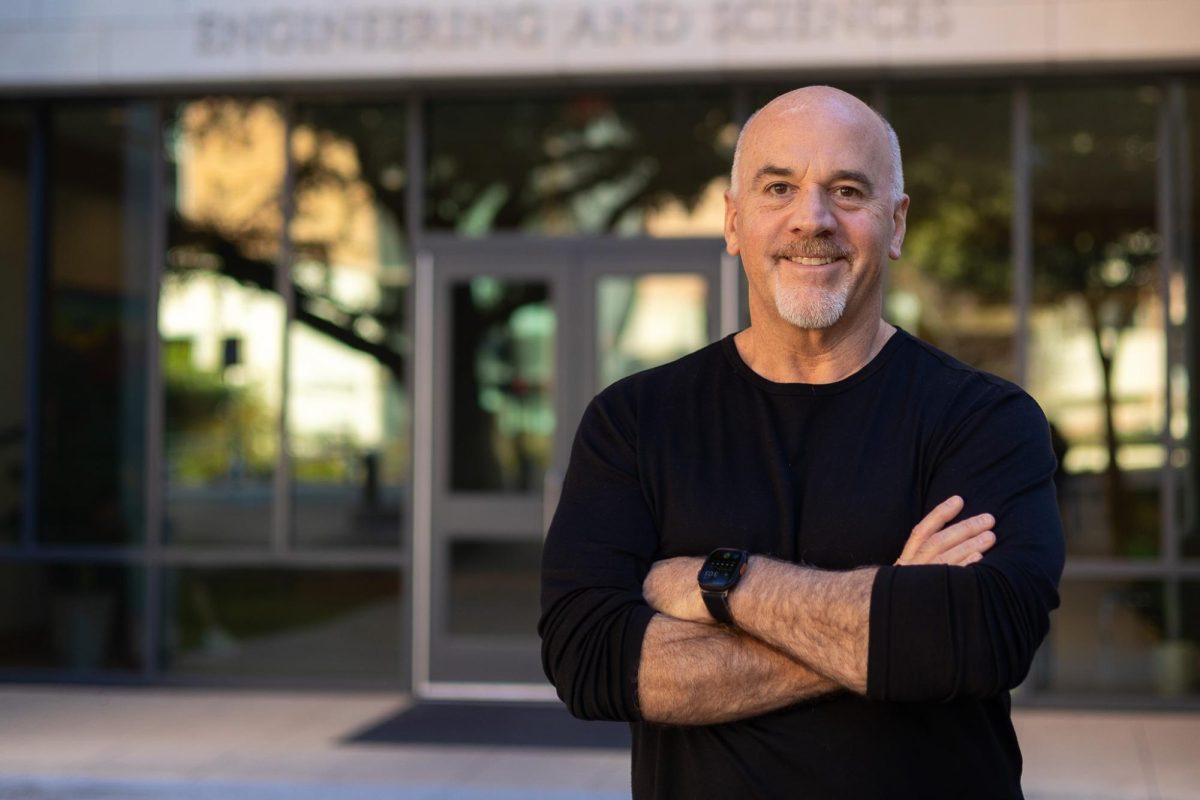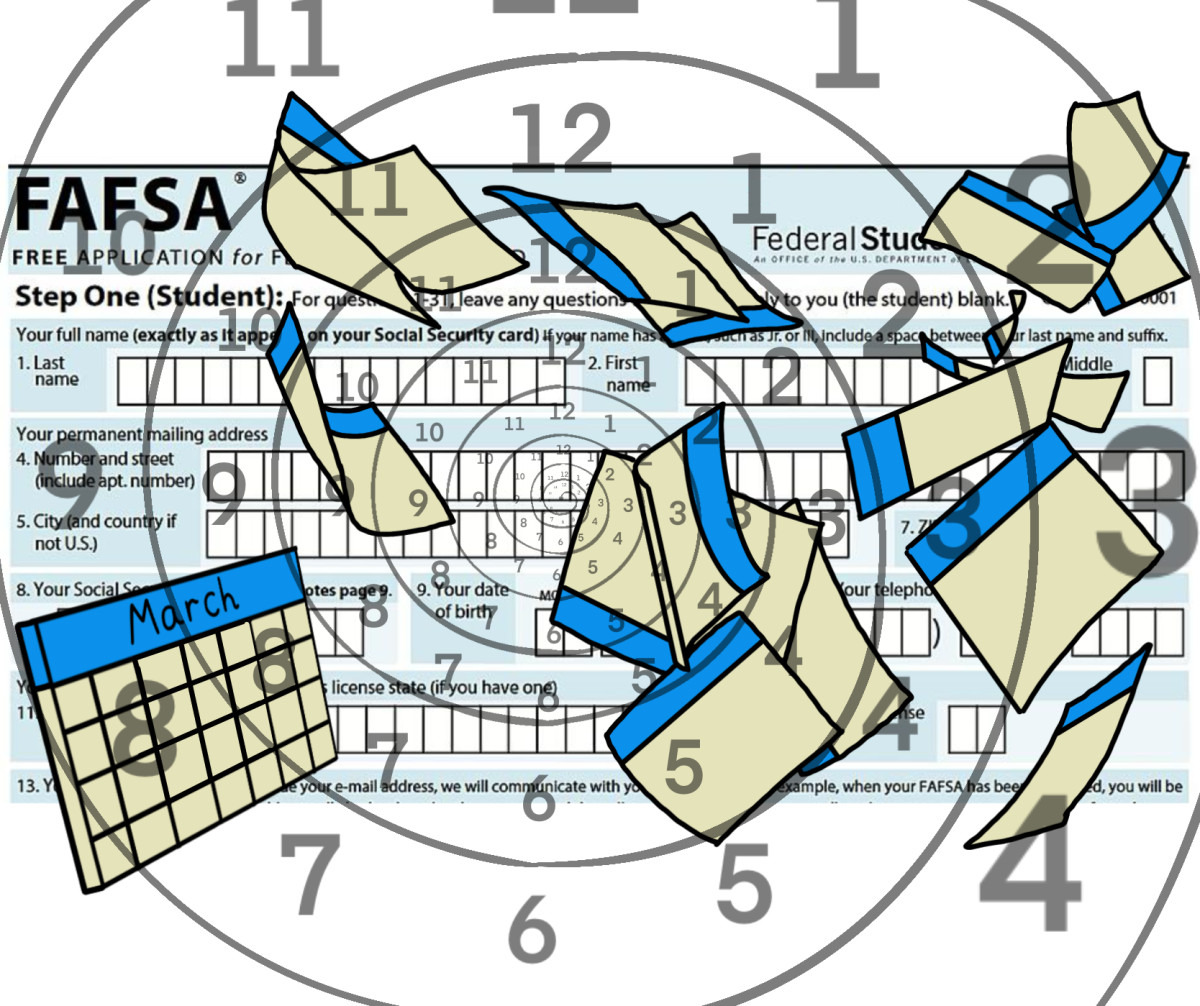Though their research topics vary from human-computer communication to the relationships between neuron movement and decision making, three UT professors each won one of the 102 presidential awards given this year to science and engineering professionals in early stages of their research careers.
Kristen Grauman, Mattan Erez and Jonathan Pillow received the Presidential Early Career Award for Scientists and Engineers. UT tied with the University of California, Berkeley and Stanford University with three award winners. Only Princeton University had more recipients.
Grauman, an associate computer science professor, researches how humans and computers communicate. Her research focuses on methods to efficiently search images.
Adriana Kovashka, a computer sciences graduate student, said doing research with Grauman is enjoyable because Grauman doesn’t get angry with her students if there is a problem with a particular project.
“Working with her is really great,” Kovashka said. “Kristen encourages us to come up with our own ideas. She’s always expecting a lot of her students but doesn’t make them feel stressed. She’s reasonable.”
Erez, an associate electrical and computer engineering professor, is working on a super computer with interconnections that can address problems. Erez said he has had a passion for technology since childhood.
“It was something that interests me at a very young age,” Erez said. “I’ve been playing on computers since the first grade.”
Erez said he hopes graduating students work hard to achieve their goals.
“Be committed to what you do and don’t sell yourself short,” Erez said. “Don’t compromise your expectations and follow your passion.”
Electrical engineering professor Yale Patt said Erez goes out of his way to help his students succeed.
“[Erez] is a good human being and cares about his students,” Patt said. “Anytime you go by his office there’s a student in there. Mentoring develops the students.”
Pillow, an assistant psychology and neurobiology professor, has done research in neural coding and computation. Through his research, he has been able to learn about different neuron spikes that convey information during decision making.
Pillow said it was difficult for his parents to fully understand his research.
“My own mom has a hard time understanding what it is I do,” Pillow said. “She used to keep a note by the phone so that she could tell our relatives exactly what it was I was doing.”
The three professors will receive their awards at a ceremony in Washington, D.C. later this year.




















